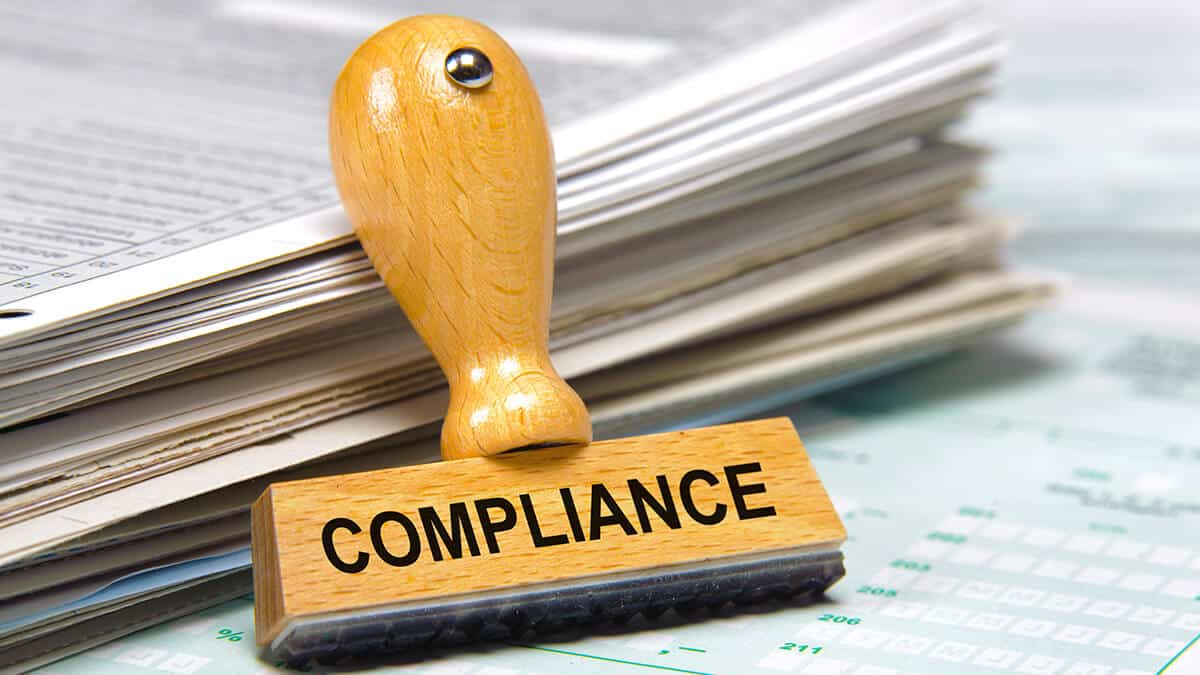A Self-Managed Super Fund (SMSF) is a private superannuation structure that allows individuals to take direct control of their retirement savings and investment choices. With this flexibility, however, comes the responsibility of meeting strict legal and reporting obligations. Every trustee is personally accountable for ensuring the fund operates within the rules set by the Australian Taxation Office (ATO). This includes overseeing investments appropriately, keeping accurate records of all decisions, and submitting the annual super fund tax return within the required timeframe.
The stakes are high when it comes to SMSF compliance. Trustees who fall short can face significant consequences, including heavy administrative penalties, the removal of valuable tax concessions, and in serious cases, disqualification as a trustee. These outcomes can erode the very retirement savings the SMSF was designed to protect. Therefore, understanding compliance requirements is essential, not just to avoid penalties, but to preserve the long-term benefits of running your own fund.
7 SMSF Compliance Mistakes Trustees Often Make And How To Avoid Them:
- Mixing Personal and Fund Assets
A fundamental rule for trustees is to keep SMSF assets completely separate from personal assets. Yet, one of the most common mistakes is accidentally blurring the lines. For example, using SMSF funds to cover personal expenses or holding an asset, such as property, in a trustee’s personal name rather than in the fund’s name. These practices breach the sole purpose test, which requires an SMSF to exist solely for providing retirement benefits to its members.
How to Avoid It: Always operate a dedicated SMSF bank account, ensure all investments are registered in the fund’s name, and document every transaction properly. KAN Tax helps trustees establish clear structures and avoid costly administrative slip-ups.
- Breaching Contribution Caps
Another frequent compliance issue is exceeding annual contribution caps. Concessional and non-concessional contributions are strictly limited, and going over these thresholds often results in significant tax penalties. Many trustees fall into this trap when they have multiple employers contributing on their behalf or when they try to boost their super savings without keeping track of caps.
How to Avoid It: Maintain careful records of contributions across all super funds and check your limits before making additional contributions. Our SMSF accounting service in Australia helps trustees plan contributions strategically, ensuring tax benefits are maximised without triggering compliance issues.
- Early Access to Super
Accessing superannuation funds before reaching preservation age or without meeting a valid condition of release is a major compliance breach. Some trustees mistakenly assume that, because they control the fund, they can withdraw money whenever they like. The ATO strictly monitors early access and treats it as a serious offence.
How to Avoid It: Always check preservation rules and eligibility before making withdrawals. Engaging professionals helps trustees avoid the heavy penalties and potential legal action that can arise from early access. KAN Tax provides SMSF tax return services that ensure all withdrawals are reported correctly and remain compliant.
- Inadequate Investment Strategy
Every SMSF is legally required to have a documented investment strategy that is regularly reviewed. Yet many trustees either fail to prepare one at all or treat it as a one-time task. A poorly structured or outdated strategy not only risks breaching compliance requirements but can also lead to poor fund performance.
How to Avoid It: Create a written investment strategy that considers diversification, liquidity, risk tolerance, insurance, and the needs of each member. This strategy should be reviewed at least annually, and updated whenever member circumstances change. Working with KAN Tax ensures your strategy is not only compliant but also aligned with long-term retirement goals.
- Related-Party Transactions
Dealing with related parties is another area where trustees often make mistakes. Transactions such as lending money to a member or buying residential property from a relative are generally prohibited. The rules here are complex, and even well-meaning trustees can find themselves in breach.
How to Avoid It: Limit transactions to those expressly permitted, such as buying business real property at market value or investing in listed securities. Professional tax accounting services often guide trustees through these rules to ensure they stay compliant while making smart investment choices.
- Late or Incorrect Lodgements
Meeting deadlines is essential for SMSF trustees. Missing the due date for the annual super fund tax return, financial statements, or audit reports can lead to fines and jeopardise the fund’s compliance status. Errors in lodgement, even if accidental, can draw unwanted scrutiny from the ATO.
How to Avoid It: Keep a strict compliance calendar and maintain regular communication with your accountant and auditor. KAN Tax provides end-to-end support in preparing accurate financial statements and lodging returns on time, helping trustees make sure no obligations are overlooked.
- Poor Record-Keeping
By law, SMSFs must maintain detailed records, such as trustee meeting minutes, financial statements, and member reports. These must often be retained for at least five to ten years. Poor record-keeping can leave trustees vulnerable during audits and create compliance headaches.
How to Avoid It: Implement a system for securely storing and organising all SMSF records. Digital solutions can streamline this process, but having professional oversight is invaluable. KAN Tax offers tailored solutions to help trustees maintain compliant records and avoid ATO penalties.
Conclusion:
Managing an SMSF offers control over retirement savings, but it also comes with strict compliance responsibilities. Mistakes such as mixing assets, exceeding contribution caps, or lodging a super fund tax return late can lead to costly penalties and undermine the fund’s purpose. With the right systems and expert support, these risks can be easily avoided.
KAN Tax provides trusted SMSF tax return services, accounting support, and compliance guidance to help trustees meet their obligations with confidence. Reach out to us today to safeguard the future of your retirement savings.





